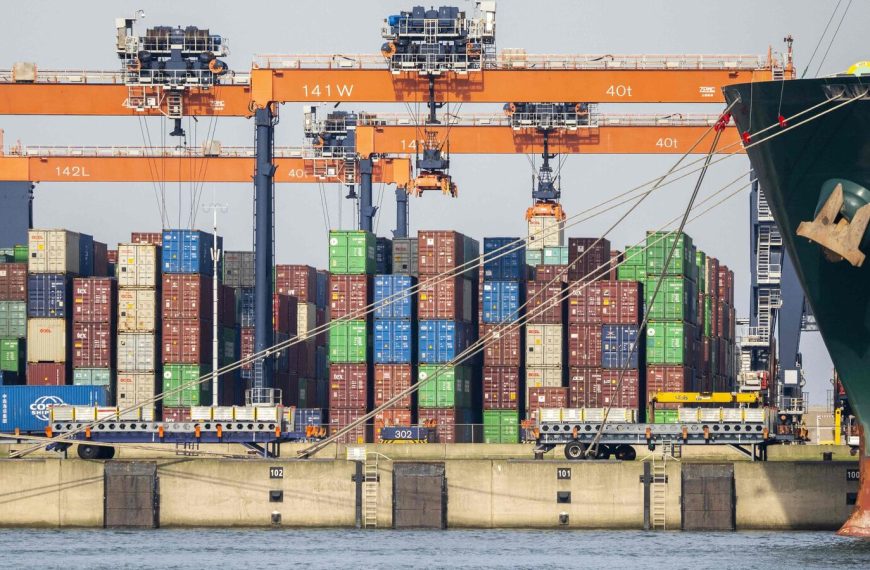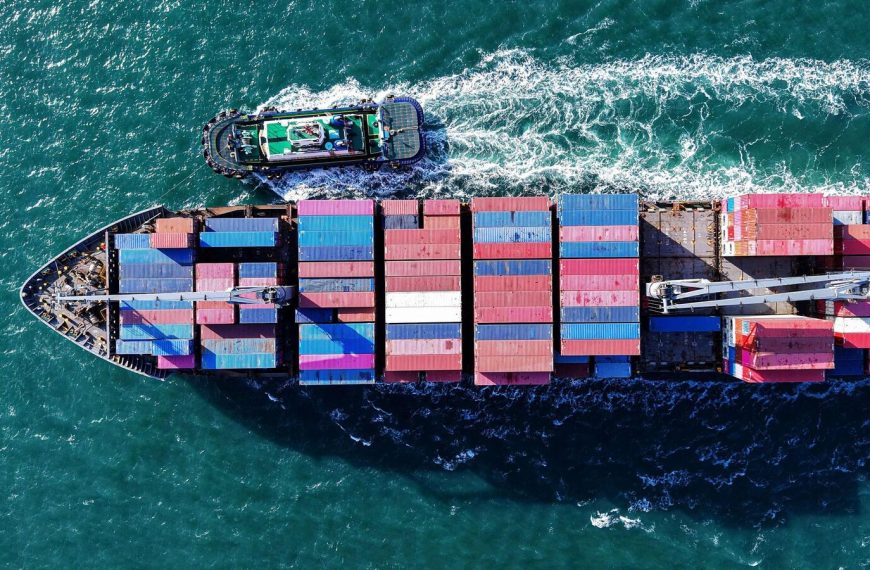In a recent announcement, the International Monetary Fund (IMF) revealed significant financial support for Egypt, totaling $2.5 billion. This includes a $1.2 billion disbursement as part of Egypt’s ongoing $8 billion program, with an additional $1.3 billion aimed at addressing climate-related challenges through the Resilience and Sustainability Facility. This decision marks a crucial step in deepening the IMF’s engagement with Egypt, which is now its second-largest borrower after Argentina.
Financial Support Breakdown
- $1.2 billion to be promptly released from Egypt’s $8 billion program.
- $1.3 billion allocated through the Resilience and Sustainability Facility for climate initiatives.
The IMF’s backing comes at a critical time for Egypt, which has been grappling with an economic crisis since early 2022. The nation, already facing significant financial challenges, has seen its economic stability become increasingly important, particularly amid regional tensions arising from the Israel-Hamas conflict.
Egypt’s Economic Landscape
In March, the size of Egypt’s IMF program was more than doubled following a substantial investment from the United Arab Emirates. This financial boost allowed Egyptian authorities to implement a long-anticipated 40% devaluation of the pound. The larger $57 billion bailout package aims to stabilize the country and support its recovery efforts.
Recent Developments
The IMF announced a staff-level agreement regarding Egypt’s fourth program review in late December, indicating that the $1.2 billion tranche was forthcoming. So far, Cairo has received approximately $2 billion in loan disbursements under the current agreement. In an effort to align with IMF recommendations, the Egyptian government has raised prices on subsidized goods, including fuel, electricity, and bread, to reduce spending.
Strategic Economic Goals
To further improve its economic situation, Egypt is focusing on several key areas:
- Maintaining a flexible exchange rate to adapt to market conditions.
- Increasing revenue by privatizing state assets.
- Encouraging private sector growth to enhance economic resilience.
This comprehensive approach aims to navigate Egypt through its financial turmoil while laying the groundwork for sustainable economic development. As the nation moves forward, the ongoing support from the IMF will play a vital role in shaping its recovery trajectory.











